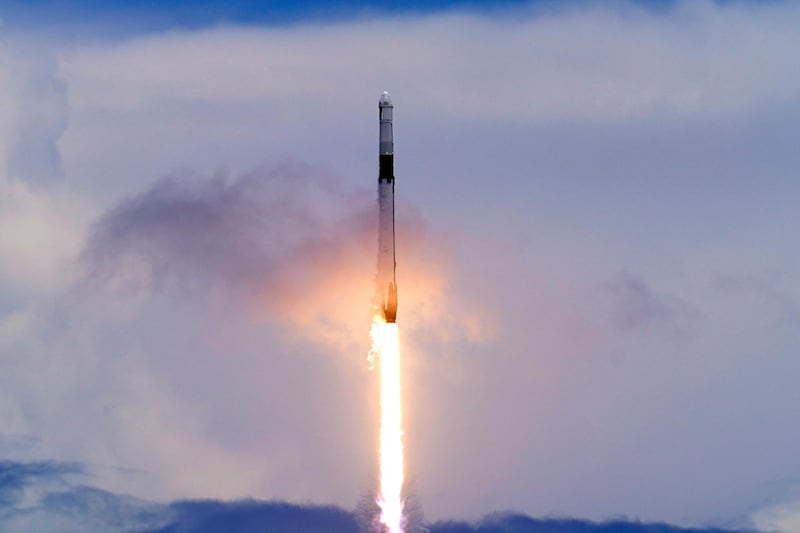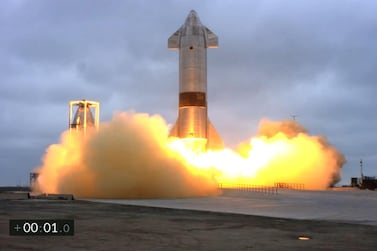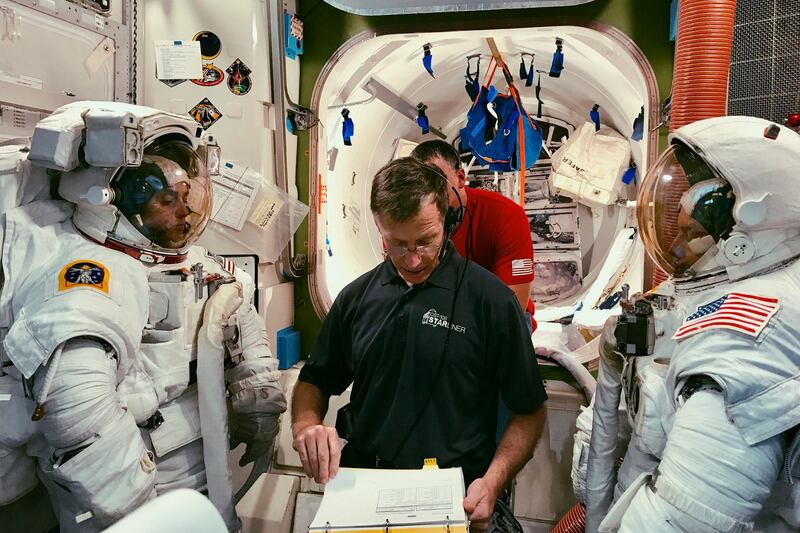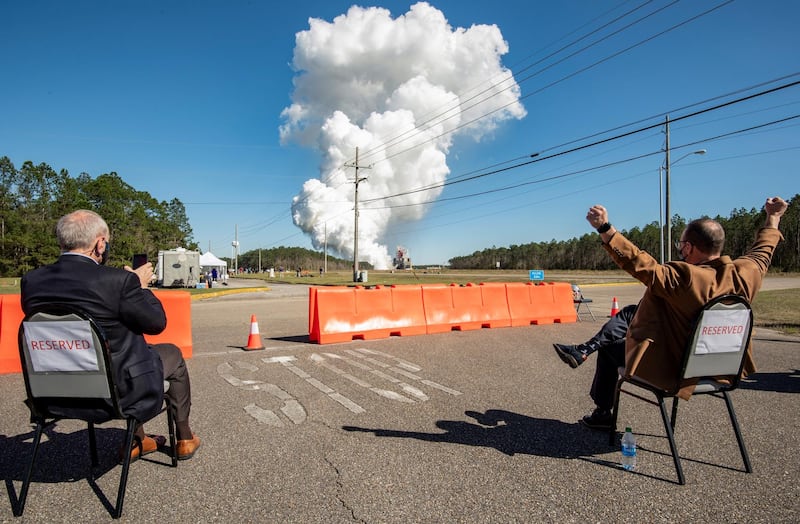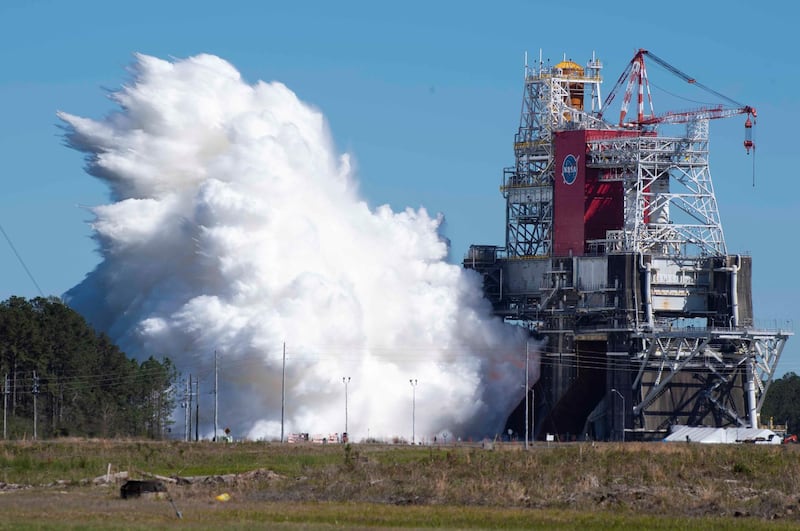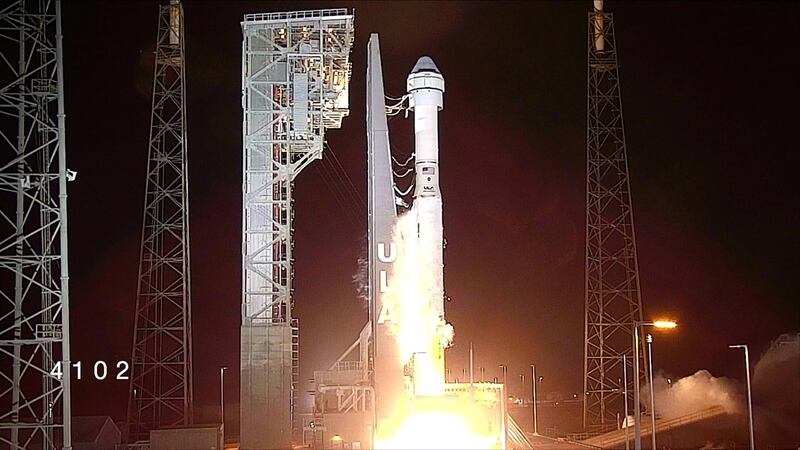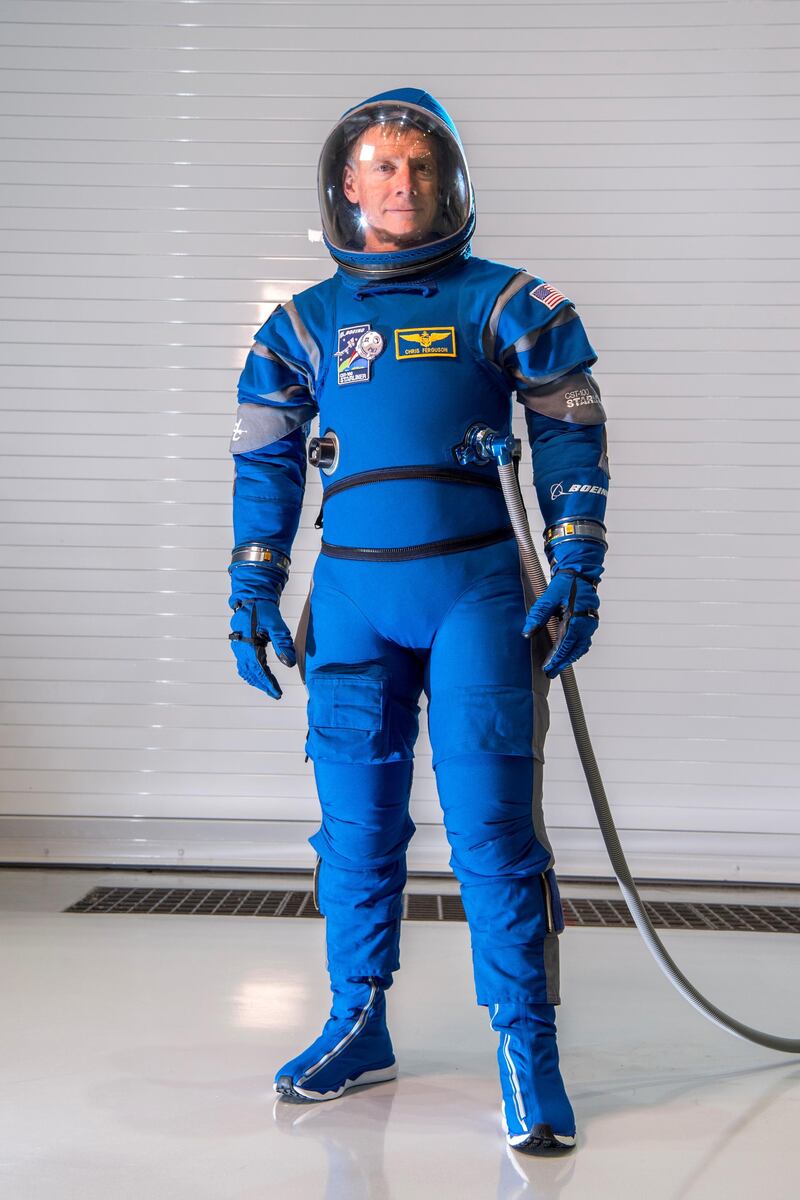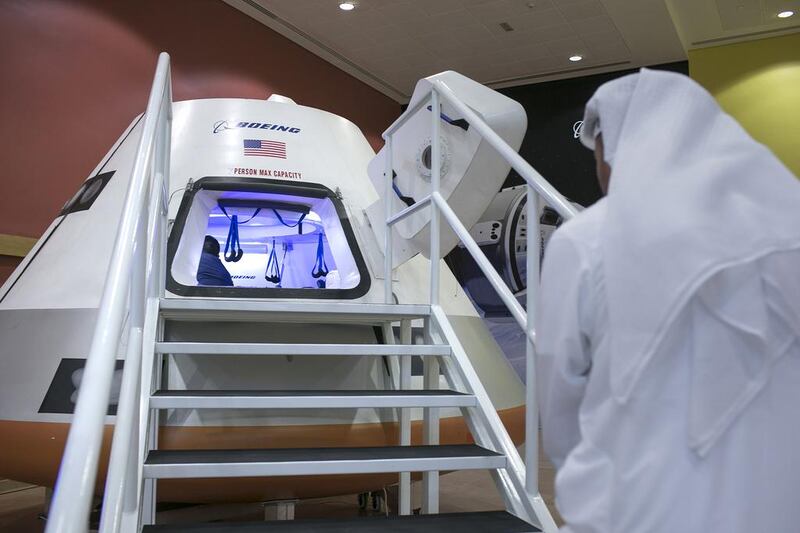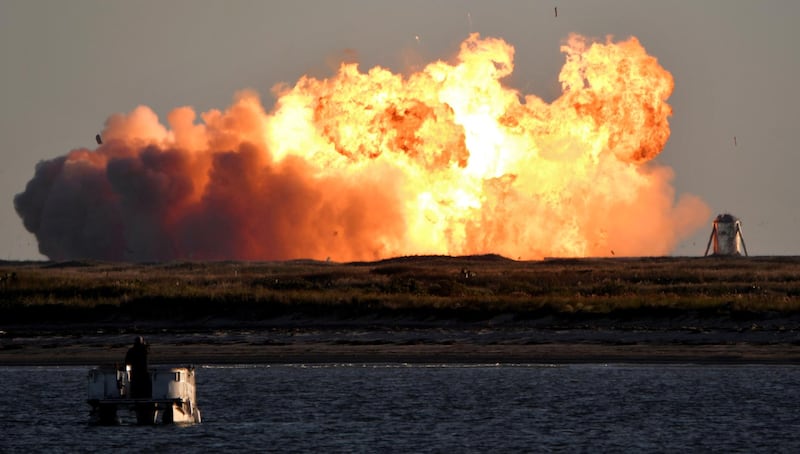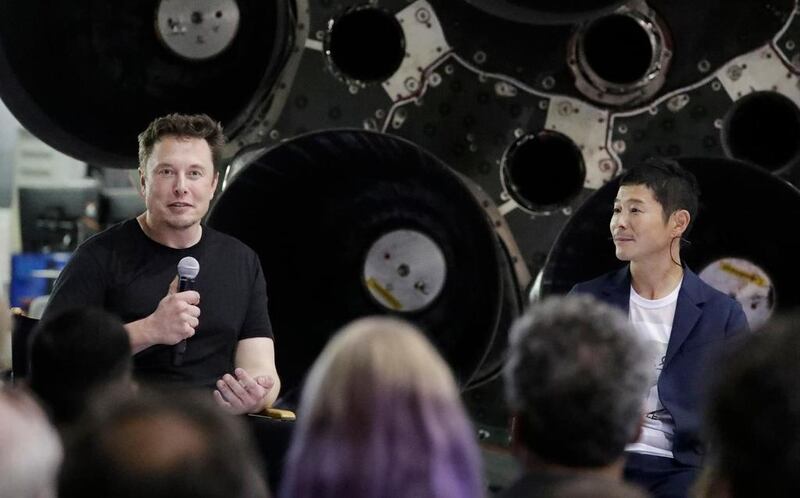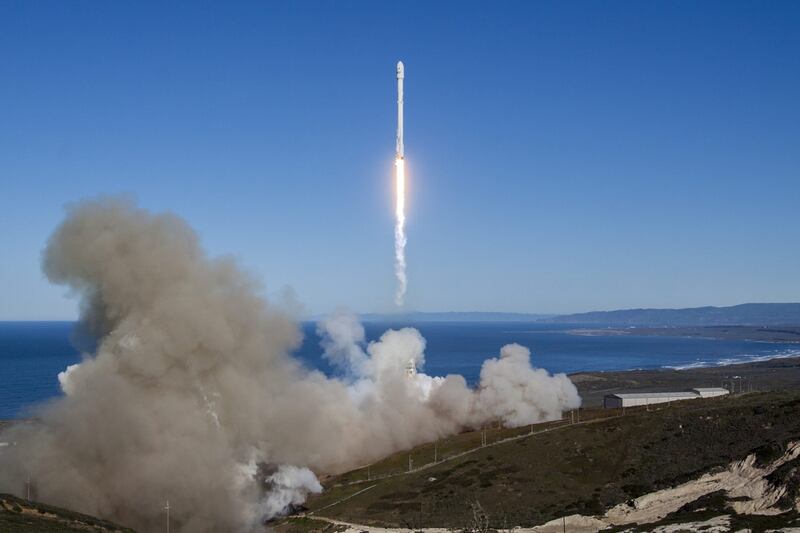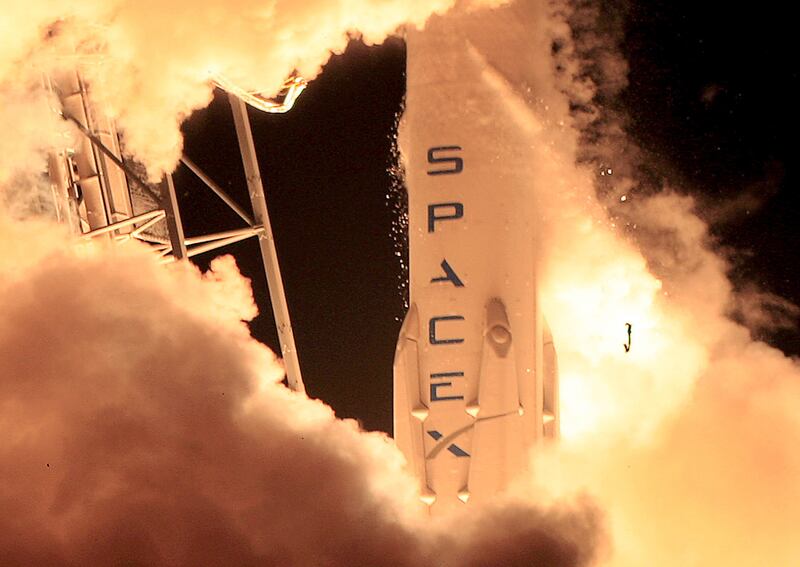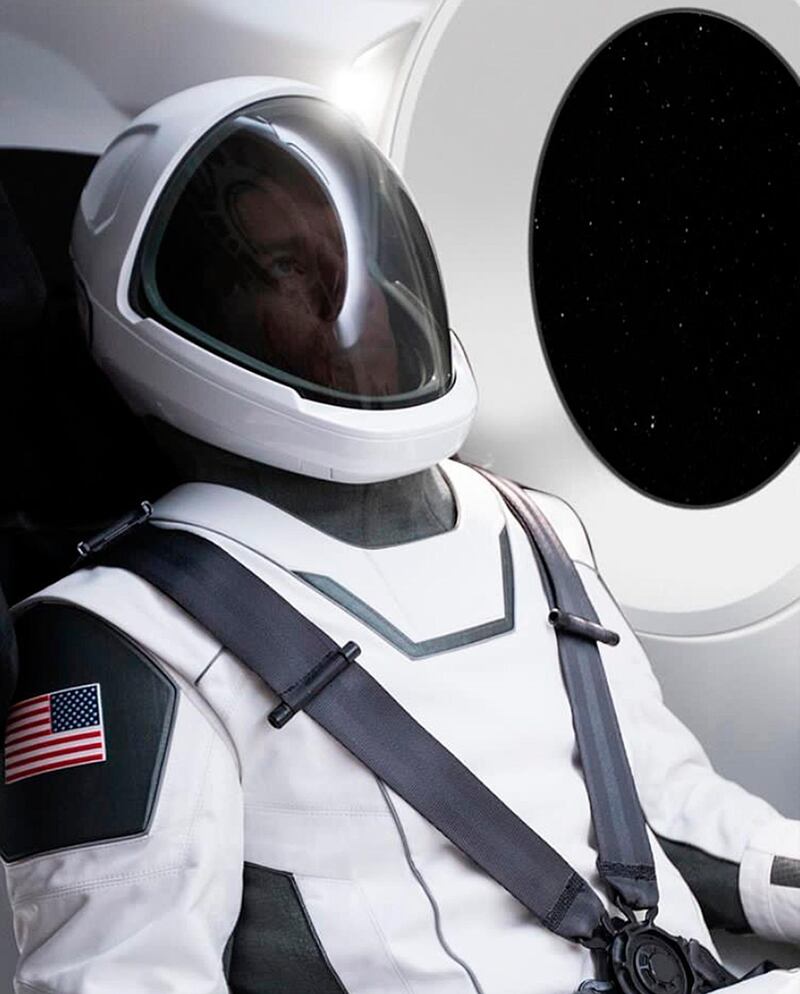SpaceX delivered a 3,300-kilogram cargo of food, equipment for experiments and live squid to the International Space Station on Saturday.
Included in the delivery was a toothpaste for experiments and powerful solar panels.
Also in the shipment are fresh lemons, onions, avocados and cherry tomatoes for the station's seven astronauts.
In addition, the new Dragon cargo capsule delivered the first of three sets of high-tech solar panels designed to bolster the space station's ageing power grid.
Contact and capture are confirmed at 5:09am ET. @SpaceX's cargo Dragon has arrived at the @Space_Station, delivering over 7,300 pounds of @ISS_Research, equipment, supplies, and new roll-out solar arrays for the orbiting lab. pic.twitter.com/N9xPNC4Axq
— NASA (@NASA) June 5, 2021
Astronauts will conduct two spacewalks later this month to help install the two roll-out panels alongside solar wings that have been in continuous operation for 20 years.
More power will be needed to accommodate the growing number of ticket-buying visitors, Nasa’s space station programme manager, Joel Montalbano, said on Wednesday.
The cargo includes samples of saliva and oral bacteria from dental patients that will be treated with toothpaste and mouthwash in an experiment aimed at keeping astronauts’ teeth and gums healthy in space.
"There's no guarantee that the Earth methods will work in zero gravity," researcher Jeffrey Ebersole of the University of Nevada Las Vegas said.
The crew of the orbiting lab will be joined by 20,000 tardigrades – better known as water bears – and 128 bobtail squid, as well as chili pepper plants and cotton seedlings.
Tardigrades can survive in drastic environments on Earth and even in the vacuum of space. Launched frozen, these micro-animals will be thawed and revived aboard the space station.
By identifying the genes behind their adaptability, scientists hope to better understand the stresses on the human body during long space stays.
The baby bobtail squid are part of a study investigating the relationship between beneficial bacteria and their animal hosts.
This is SpaceX’s 22nd station supply run for Nasa.
The space agency turned to private companies to transport cargo and – recently – astronauts, following the retirement of the space shuttle fleet a decade ago.
Russia's Roscosmos space agency has also sent astronauts to the space station.
